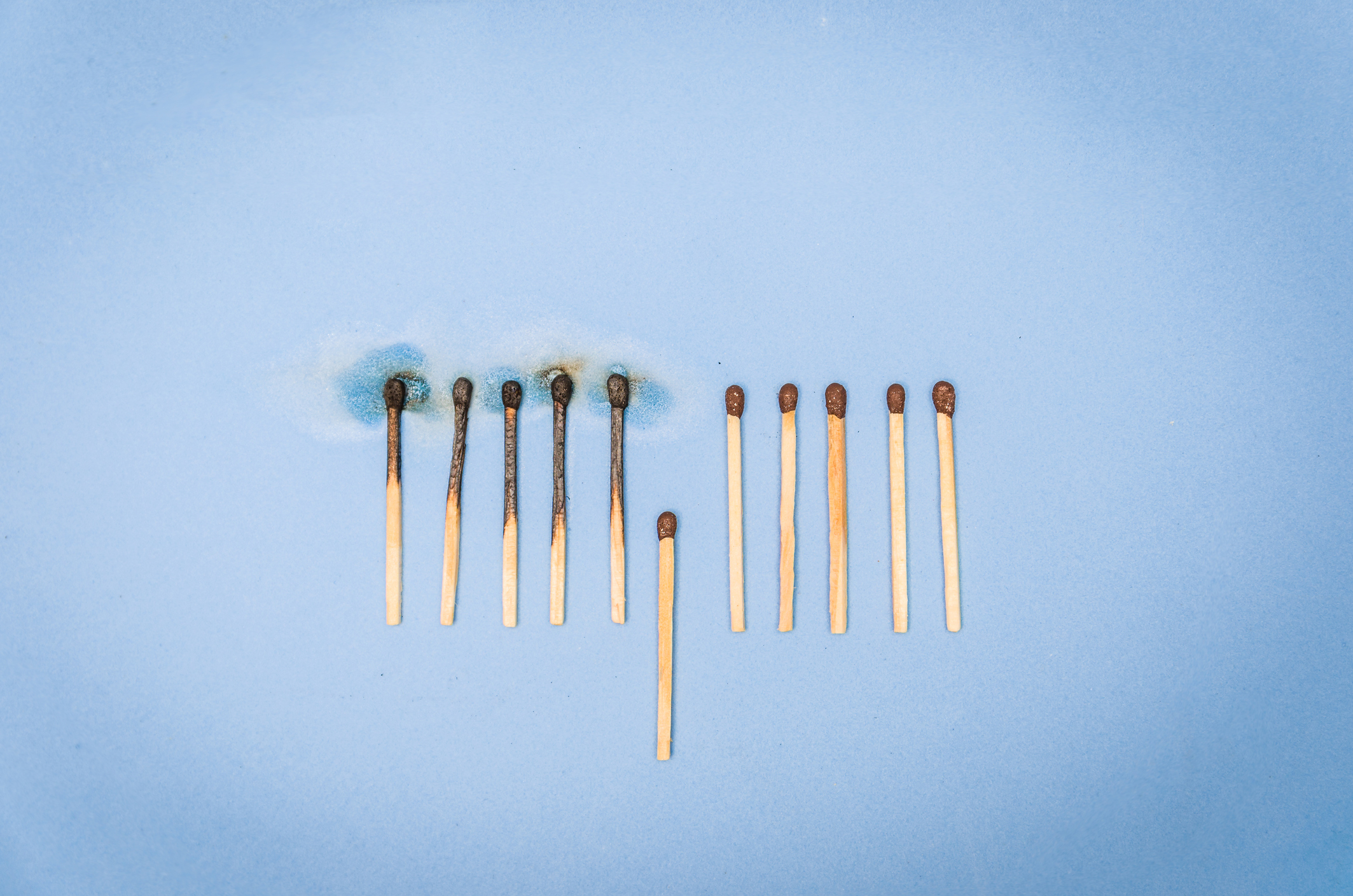By: Warren Browner, M.D., MPH and Stephen Lockhart, M.D., PhD
As physicians, we want you to know why we are so concerned about the novel coronavirus/COVID-19.
Some of you may have heard that it’s a minor inconvenience, like a bad cold. So far, that’s true for the majority (but not nearly all!) of people who are young and healthy. However, that’s only a very small part of the story. Here’s the rest:
• Up to one in five of those infected with the coronavirus will get pneumonia and have to be treated in a hospital, often for a few weeks.
• So far in the U.S., more young and middle-aged people have needed hospitalization than in China.
• In those who are infected and over age 70, especially those with underlying health problems, up to one in 15 to 20 will die.
Coronavirus needs people like all of us to multiply and spread. So what matters is not just whether you get sick, but also whether you pass the virus to other people. None of us—except maybe those who have recovered from COVID-19—are immune to it. All of us are potential carriers who can be infected without knowing it.
Right now, on average, every infected person passes coronavirus to two or three other people, who in turn infect two to three others. After only 10 cycles, a single original person can infect 20,000 people in only four or six weeks. Much of Northern California will be infected in no time if we don’t act now.
If we can reduce social contacts by one-third, the number of people who will need to be hospitalized will drop 20-fold. If we do even better, and can reduce social contacts by two-thirds, the pandemic will end. This helps buy time for clinical teams and other scientists to determine what treatments work. We will give hospitals more time to prepare—and keep the healthcare system from being overwhelmed.
How do we do this? By staying away from other people, which means anyone outside your immediate household, including friends and relatives. That means avoiding:
• Birthday parties
• Sleepovers
• Play-dates or meet-ups
• Public places (like playgrounds) where virus particles can linger
• Air travel or sitting too close to someone on public transit
Other important notes to keep your home virus-free:
• Leave only if absolutely necessary and head straight back as soon as your errand is done.
• Exercise out of the house alone or with just members of your household.
• If you buy groceries or cook meal for neighbors who cannot get out, call to let them know you are coming by, and leave your delivery outside their front door.
• If you do go out, wash your hands with soap and water thoroughly for at least 20 seconds as soon as you can, preferably before you touch any surfaces in your home.
• Make sure that people—like kids—who can’t or don’t follow these instructions are kept away from those who are especially vulnerable, like their grandparents or someone with a chronic disease.
• Think about possible exposures. A card or tennis game with friends may sound like fun, but the virus travels on the cards or the tennis balls. Play only with those in your immediate household.
A virus-free home is only as strong as its weakest link, so please stick to the approach, as difficult as it may seem. Following these guidelines can help the nurses, doctors, first responders, pharmacists and grocery store employees continue doing their jobs to support you.
If you do need us, our teams are equipped to provide you with high-quality care while protecting the safety of our care providers. Our staff are well trained to address infectious respiratory illnesses, including coronavirus. If you are sick, and don’t require emergency care, call your doctor before coming in. Do a video visit. Know that if you need care, we’re here for you.
Stay safe. Stay six feet away.
Dr. Browner, an internist, is the CEO of Sutter’s California Pacific Medical Center. He has a master’s degree in public health in epidemiology and is an adjunct professor of epidemiology and biostatistics at UCSF. Dr. Lockhart, Sutter Health’s chief medical officer, has a PhD in biostatistics and is a trained anesthesiologist.





